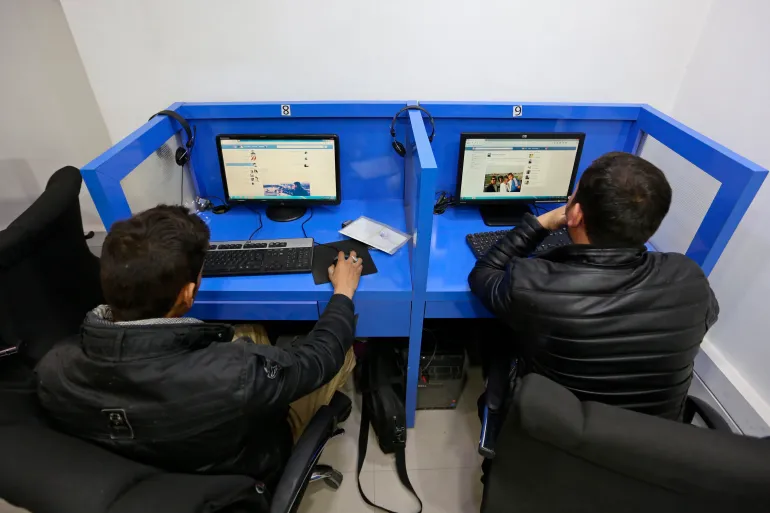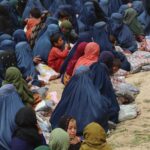Afghanistan has entered a near-total communications blackout after Taliban authorities expanded restrictions on internet access, plunging the country further into isolation.
Reports from internet monitoring groups confirm that services across multiple networks were disrupted in phases throughout Monday morning, eventually escalating into a nationwide shutdown. Mobile phone connections have also been heavily affected, leaving Afghans with minimal or no ability to connect with the outside world.
The non-profit monitoring organization NetBlocks described the situation as “a complete internet blackout,” warning that the move threatens not only freedom of information but also essential communication channels for ordinary Afghans.
The restrictions began earlier in September, when high-speed fibre-optic services were suspended in several provinces, including Balkh. Local Taliban spokespersons have acknowledged that the order came directly from the group’s supreme leader, Haibatullah Akhundzada, who justified the decision as a measure to curb so-called “immoral activities.”
In Mazar-i-Sharif, telecom equipment installed near the historic Blue Mosque had already been targeted under the earlier phase of restrictions. Now, the blackout has spread to every region of the country. TOLO News, one of Afghanistan’s leading television broadcasters, confirmed that its services were disrupted, with sources suggesting that even if mobile networks return, they may be downgraded to basic 2G connections.
Despite the sweeping impact, Taliban leadership has so far issued no official nationwide statement on the blackout.
Meanwhile, The Afghan Times’ Editor-in-Chief, Salma Niazi, who is based in Dublin, reported at 2:11 PM UK time that contact has been lost with several of the newspaper’s journalists inside Afghanistan. The abrupt communications breakdown has raised deep concern about the safety of reporters and the ability of independent media to continue operating under the Taliban’s escalating restrictions.
The blackout underscores the Taliban’s tightening grip on information and communication, raising fears that Afghan society will be further cut off from the international community at a time when humanitarian needs remain urgent.








